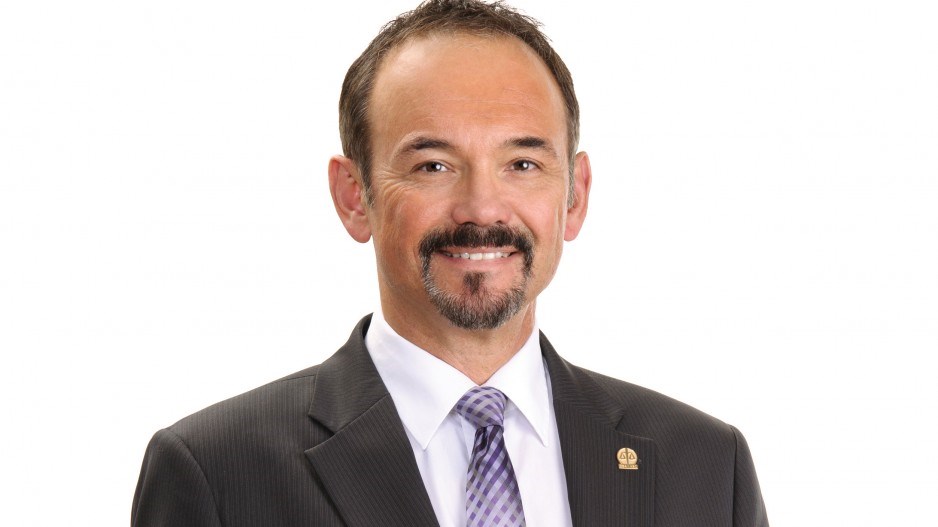The Canadian Bar Association’s B.C. branch (CBABC) wants the provincial government to add lawyers with student debt to StudentAid BC’s loan forgiveness program.
Michael Welsh, who was appointed bar president on August 15, said rural citizens, including small-business owners in remote communities, are suffering due to increasing attrition within the legal profession. Welsh noted that many rural lawyers are baby boomers and have reached the age of retirement.
“A lot of the lawyers who are in the smaller communities have been there a long time,” said Welsh, a litigation lawyer with Penticton’s Mott, Welsh & Associates. “And they’re getting to the age where they’re retiring or winding down their practices and you’re not finding younger lawyers coming into those communities to replace them.”
The CBABC estimates that approximately 75% of B.C.’s lawyers practise within Vancouver, Victoria and Surrey. Welsh said most law school graduates are forced to work for a major firm when they leave school because large companies are the only ones that can afford to pay the size of salaries that can reduce student debts.
A CBABC letter to Premier Christy Clark lobbying to add lawyers to the loan forgiveness program noted that, because the average starting salary for a lawyer usually ranges between $25,000 and $45,000, working in a rural setting or trying to set up a practice is not cost-effective.
The letter asks the provincial government to provide an annual 20% debt write-off rate over a five-year minimum – the same amount offered through the loan forgiveness program – to recent law school graduates willing to practice in rural communities.
StudentAid BC’s website lists numerous areas in need of specialized jobs, such as physicians, medical laboratory technologists and physiotherapists, for 100 Mile House, Blue River, Smithers and other rural communities.
The letter also outlines the annual estimated tuition fees for B.C’s three law schools for the 2015-16 school year.
Thompson Rivers University (TRU) in Kamloops is the highest ($18,185) followed by the University of British Columbia’s (UBC) Allard School of Law ($11,677) and the University of Victoria’s (UVic) faculty of law ($9,209).
A recent BC Student Outcomes survey of 2011 law school graduates found that 70% of UVic grads and 79% of UBC grads had racked up debt higher than $40,000 upon graduation.
Welsh said business and land owners in remote communities are among the main groups that suffer from a lack of rural lawyers. “That means the businesses in those communities have to go a fair distance for legal services. An hour or a couple of hours to get to another community to have access to a lawyer to do things like incorporation, to do business transactions and leasing and all the other things they need to do.”
The CBABC’s REAL (Rural Education and Access to Lawyers) initiative has placed approximately 100 law students in rural B.C. communities since 2009.
David Crossin, the president of the Law Society of British Columbia, said his organization supports REAL and added that the opening of TRU’s law school in 2011 helped expand the catchment areas for new lawyers across the province.
“This will go a long way to providing students in the surrounding area with the opportunity to pursue a legal education.”




